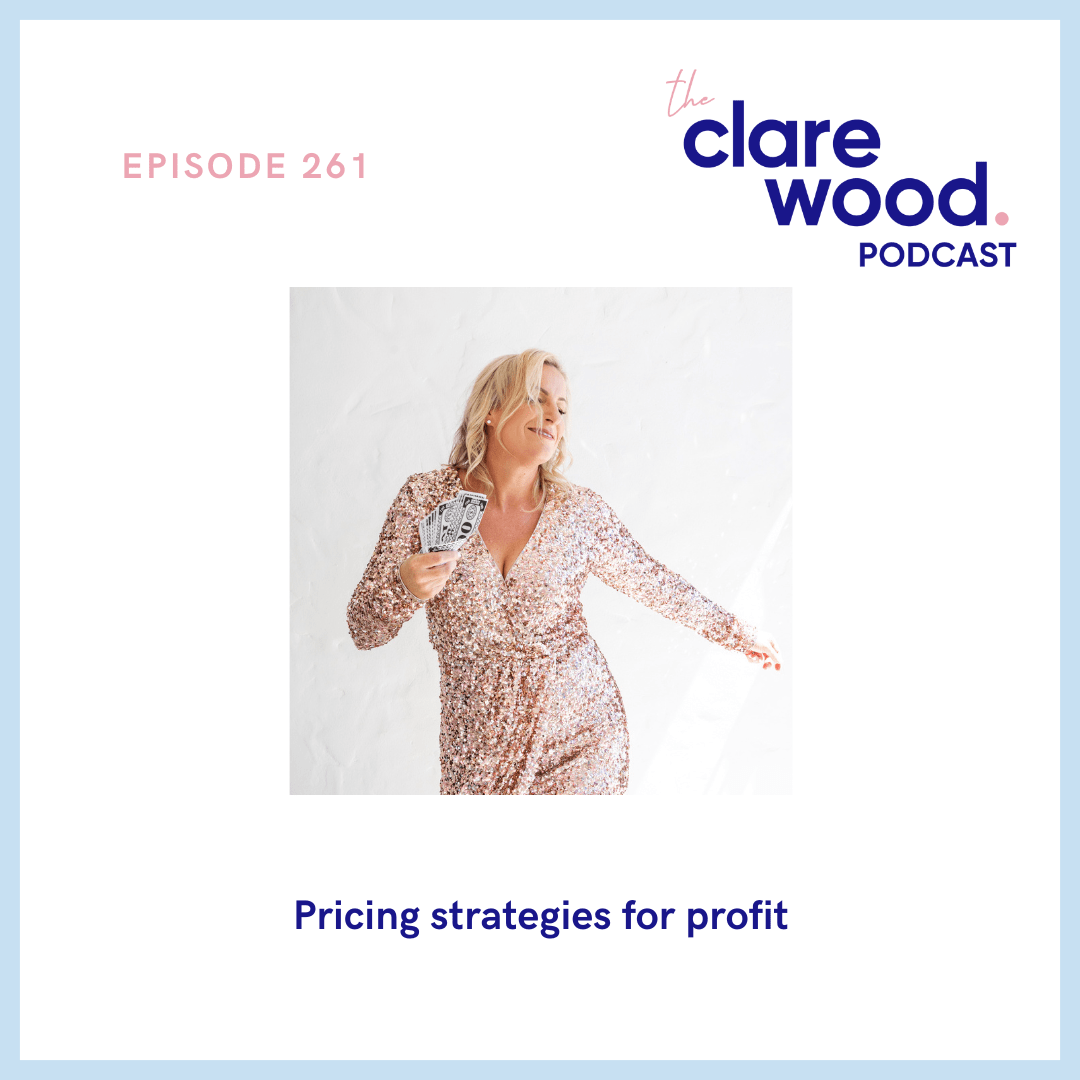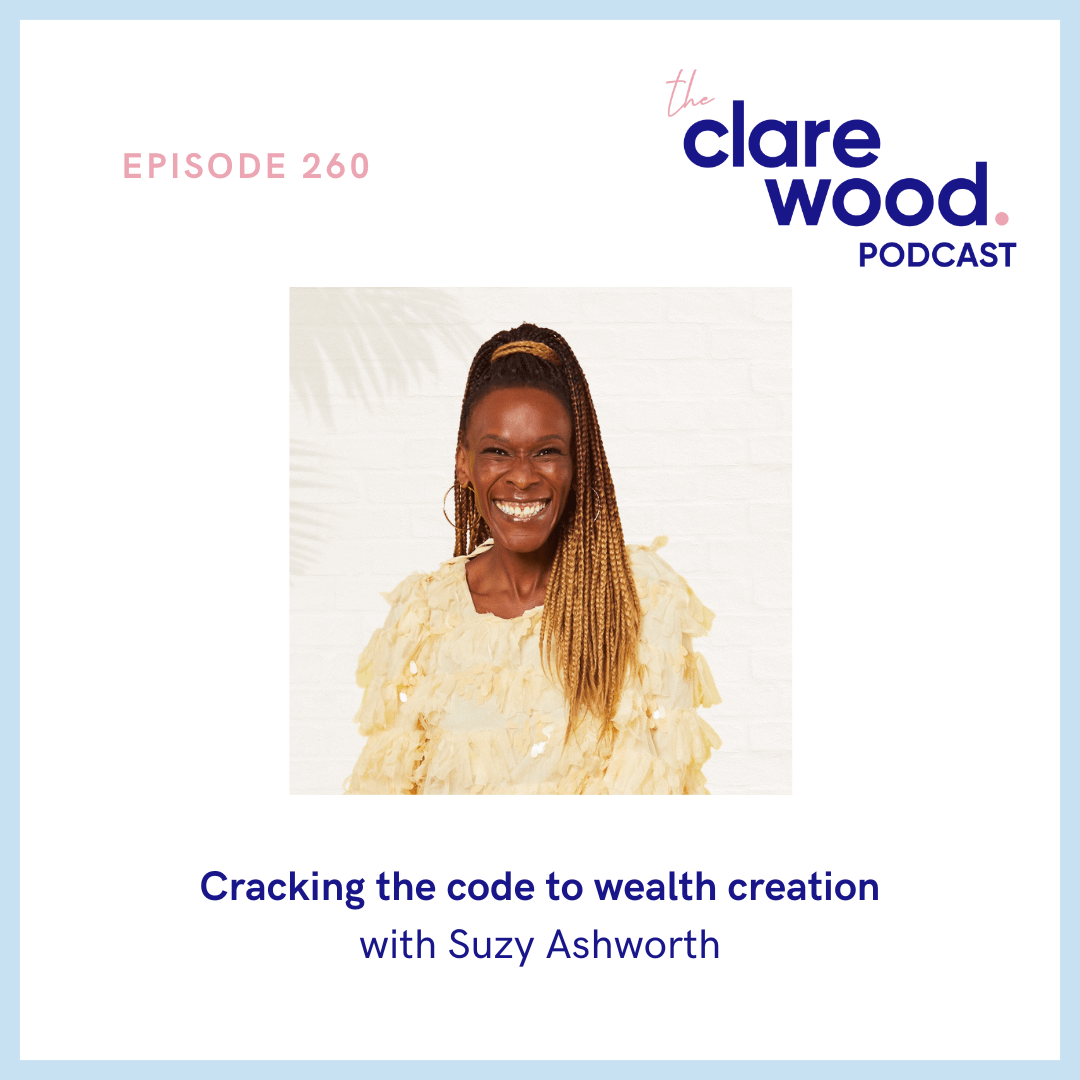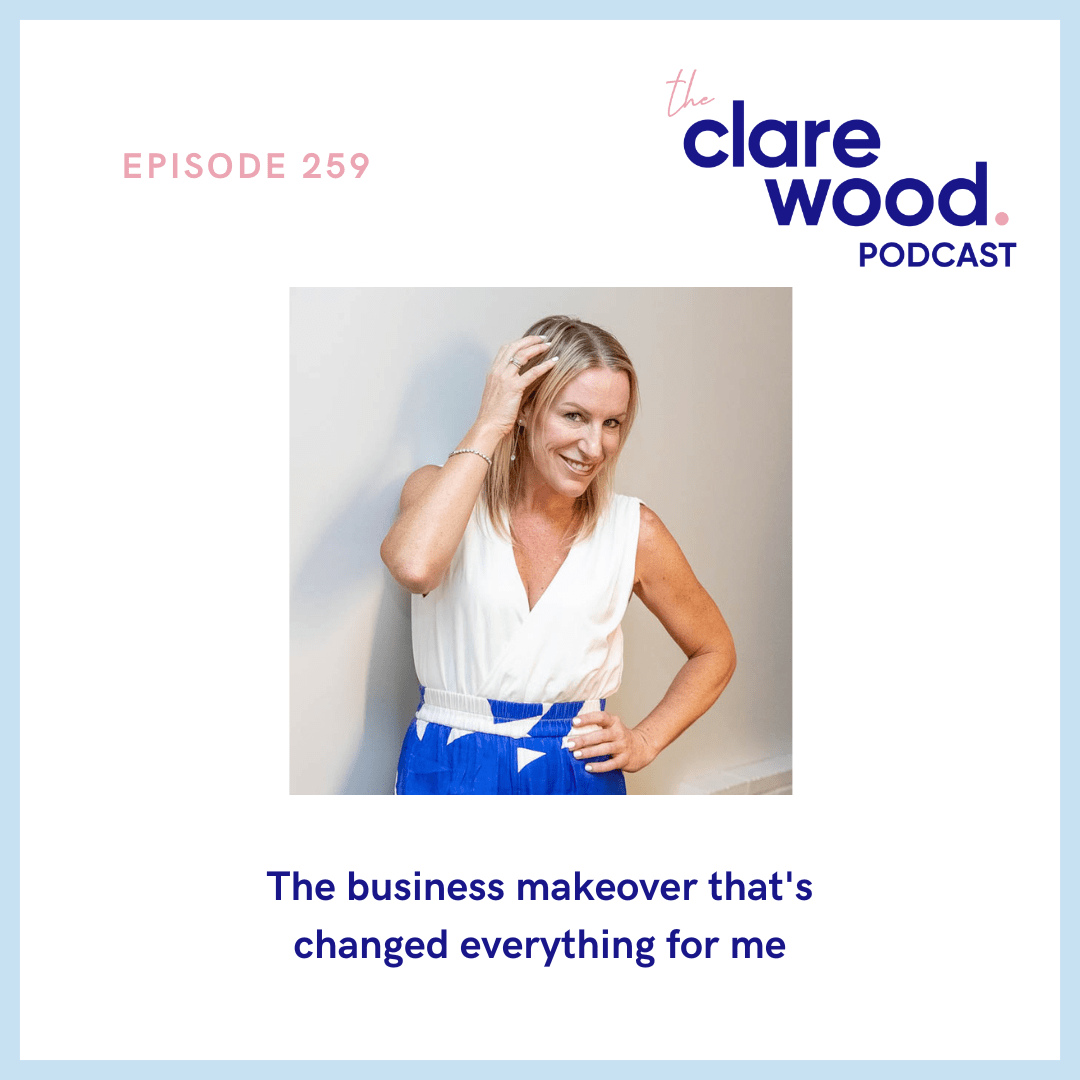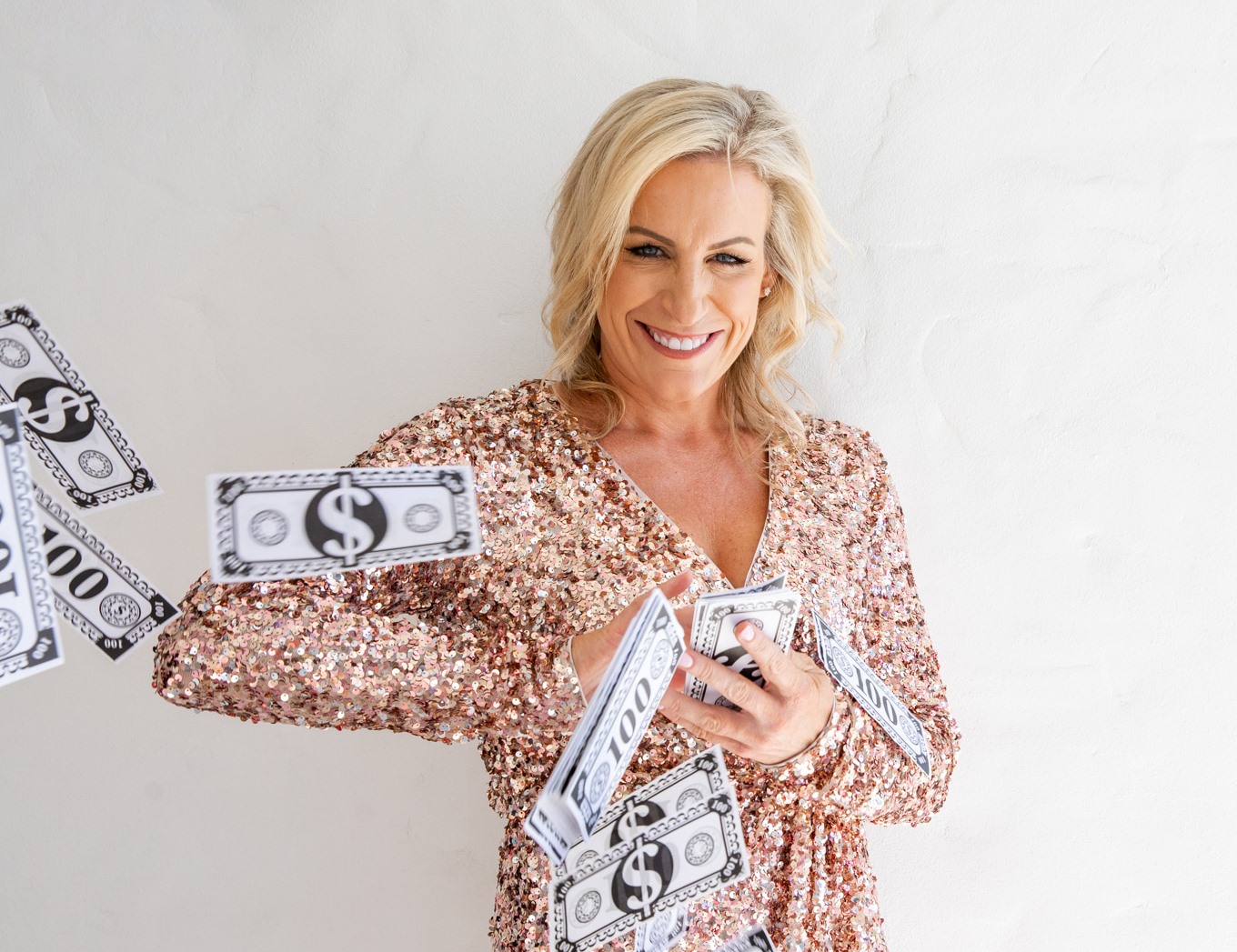Want to work less but earn more? In today’s episode, I chat with special guest, Leonie Dawson about how she has built a 7-figure business, working only 10 hours a week and doing this as a neurodivergent person.
I am a proud affiliate of Leonie’s course which you can join below:
Join Work Less, Earn More >
In this Episode:
05.25: How Leonie started a successful online business without being on social media
11.06: How Leonie setup her business to only work 10 hours a week (and take 4 months off per year!)
20.51: What lead to Leonie’s flowy way of thinking about money
Links:
BUY YOUR TICKET TO PROFIT PARTY MELBOURNE >
Guest Bio
Leonie Dawson is an internationally best-selling author of her yearly goal planner workbooks, which have helped over 500,000 people worldwide set & achieve their life & business goals.
Leonie has generated over $13 million in revenue while only working 10 hours a week. They spend their time dreaming big dreams, painting everything in sight with her two daughters, perving on her husband, and reading hundreds of books each year.
Leonie is a passionate philanthropist. She is in the top 1% of Kiva lenders worldwide, has donated over $70,000 to fight the climate crisis, $45,000 to a Kenyan children’s organisation, has built a library in Vietnam & helped build a six room school in Ghana, among other projects.
Leonie is the winner of AusMumpreneur’s Global Brand Award, Businesses Making A Difference Award and People’s Choice Business Coach. They currently live on the Sunshine Coast in Australia.
Leonie Dawson Website >
Leonie Dawson Facebook >
Leonie Dawson Instagram >
Leonie Dawson TikTok >
Transcript
COMING SOON!







